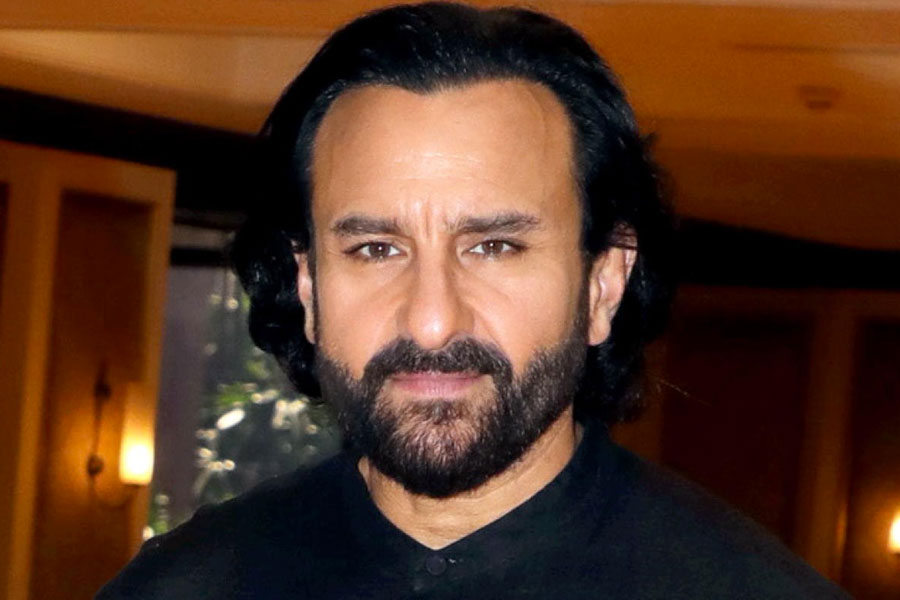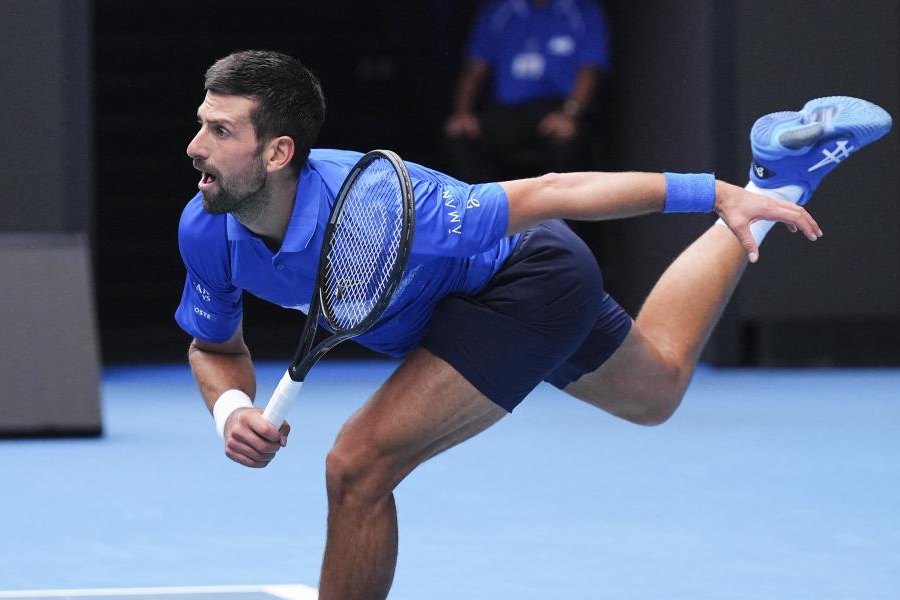The Union health ministry has asked the states to adopt a list of “dos and don’ts” for hospitals and patients extracted from a charter of patients’ rights adopted by an apex statutory body over 11 months ago. But health activists say the charter remains “toothless” unless embedded in law.
The dos and don’ts outline the patients’ rights and responsibilities, including their right to demand information about the diagnosis, treatment, costs and possible complications, to access medical records and itemised bills, and to choose alternative treatment options.
Union health secretary Preeti Sudan has in a letter to the chief secretaries of all the states and Union territories asked them to adopt the charter and address the patients’ concerns and grievances.
Her letter says the Centre has been receiving complaints alleging malpractices such as arbitrary and exorbitant billing, gross deficiency of services, and lack of transparency in diagnosis and treatment on the part of clinical establishments, “particularly the corporate (clinical) establishments”.
It also flags concerns that clinical establishments are bypassing standard treatment protocols and forcing patients to use diagnostic services or buy medicines and medical devices from select vendors.
The charter upholds the patients’ right to seek a second opinion from a clinician of their choice with records and information provided by the hospital, and to avail medicines and diagnostic tests from sources other than those recommended by their doctors.
The National Human Rights Commission had prepared the charter for follow-up by the health ministry. The National Council for Clinical Establishments, a statutory body under the health ministry, had examined and adopted the charter on July 13 last year.
Patients’ rights advocates, however, argue that the “dos and don’ts” and the charter itself are likely to have little impact unless they become part of a legal framework.
“The charter and the rights are only voluntary unless they are embedded in law,” said Abhijit More, a physician with Jan Swasthya Abhiyan, or the People’s Health Movement, a nationwide network of doctors and community health activists.
The Abhiyan has been urging the Centre to notify certain “standards” or rules that would enable the Union government and the states to implement the Clinical Establishments Act of 2010 that can provide the rights in the charter with a legal underpinning.
The act provides for regulating the quality of services and treatment, and the costs, at small and large diagnostic centres, clinics and hospitals. The “standards” are rules
specifying the minimum criteria for the clinical establishments to ensure quality. The activists want the Centre to spell these out, incorporating the charter’s content into them.
“It’s frustrating. We have been waiting many years for the act to be implemented,” More told The Telegraph.
“But without the Centre’s notification of the standards, the states cannot enforce the act even if they have adopted it.”
Eleven states and six Union territories have adopted the legislation. Health ministry officials were not immediately available to explain why the ministry had not notified the standards yet.
Sudan’s letter to the chief secretaries appears to pass the buck to the states for the act remaining unimplemented.
“It is felt that there has been reluctance and resistance… in the adoption of this legislation for various reasons including reluctance and stiff resistance by lobbies of clinical establishments,” it says.











